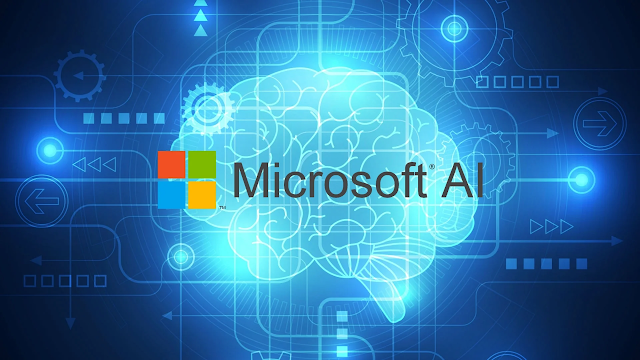Microsoft's Strategy To Promote Innovation And Competition in AI:

Microsoft President Brad Smith recently unveiled a set of principles aimed at promoting innovation and competition in the field of artificial intelligence (AI). The company's approach to promoting innovation and competition in AI is multifaceted, involving strategic investments, partnerships, research and development (R&D), and ethical guidelines that ensure the development of AI is beneficial, inclusive, and secure. This article delves into how Microsoft is shaping the future of AI through its comprehensive strategies. Here are the key principles outlined by Microsoft: 1. Access and Support for AI Developers : Microsoft commits to providing access and support for AI developers. This means enabling them to explore and create innovative solutions using AI technologies. 2. Broad Availability of AI Models and Development Tools : The company aims to make AI mode...




